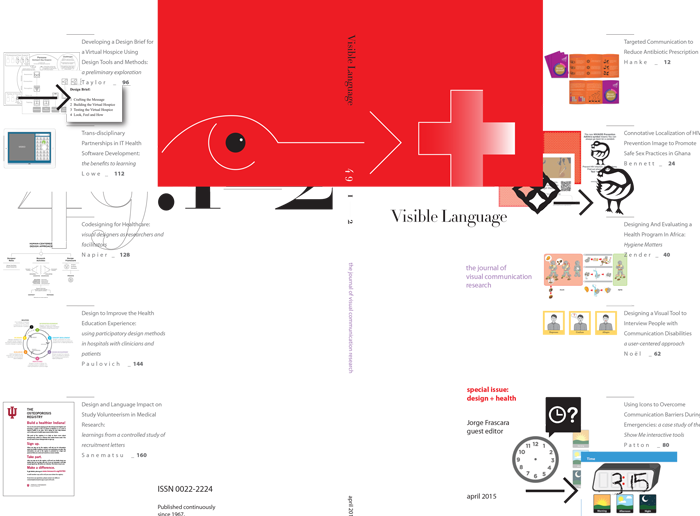Brainy Type: a look at how the brain processes typographic information
Abstract
Despite a growing body of knowledge around how readers interact with texts our understanding of how the brain processes that information is relatively limited. This multidisciplinary (typography and cognitive neuroscience) study examines how the brain processes typographic information using EEG technology and shows the value of neuroscience methodologies to legibility research. By measuring the brain's response to a range of typographic stimuli we have shown that it is more difficult for the brain to process single letter information that is presented in harder to read compared to easier to read typefaces. This effect was evident at both the most basic levels of letter identification (0–300 milliseconds from stimuli onset) and also during sustained activity involving the working memory (after 300ms). This has implications for our understanding of legibility and how legibility research is further explored with the aim of developing a body of knowledge that has a wider application to how typographic design is practiced.Downloads
Published
2015-04-01
Issue
Section
Journal Article

